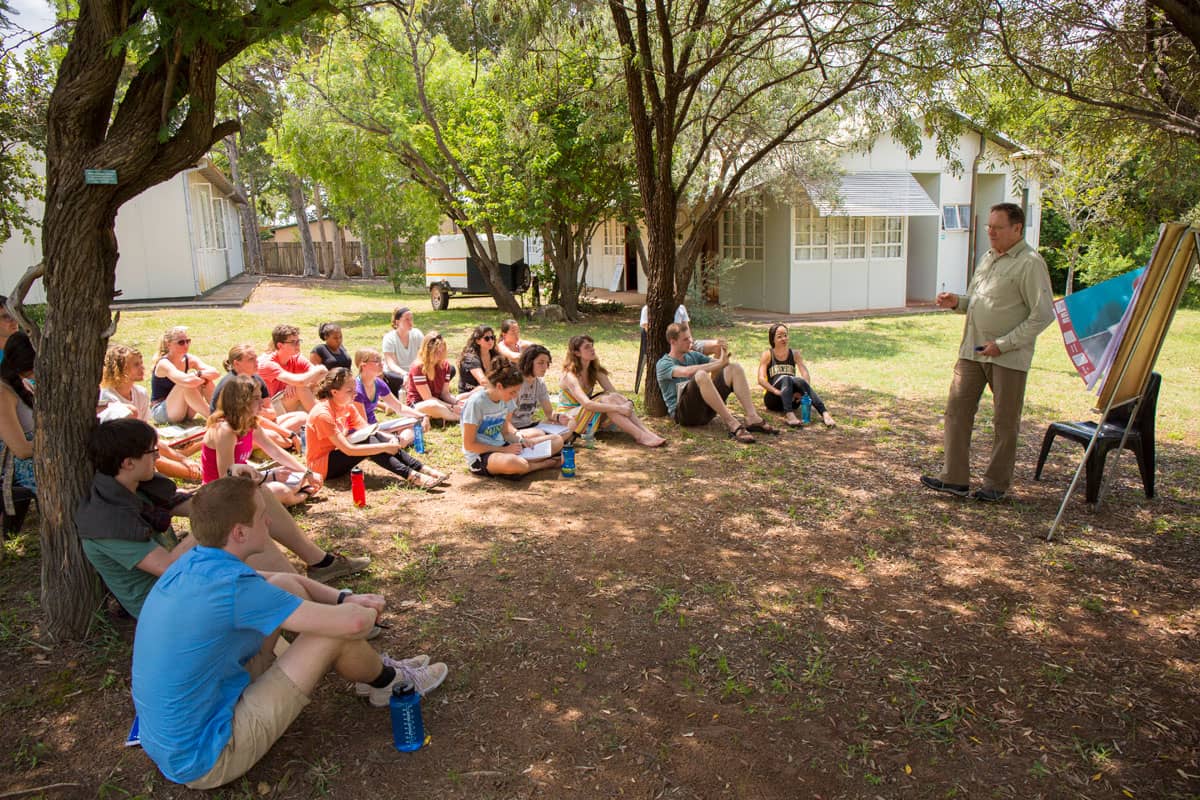
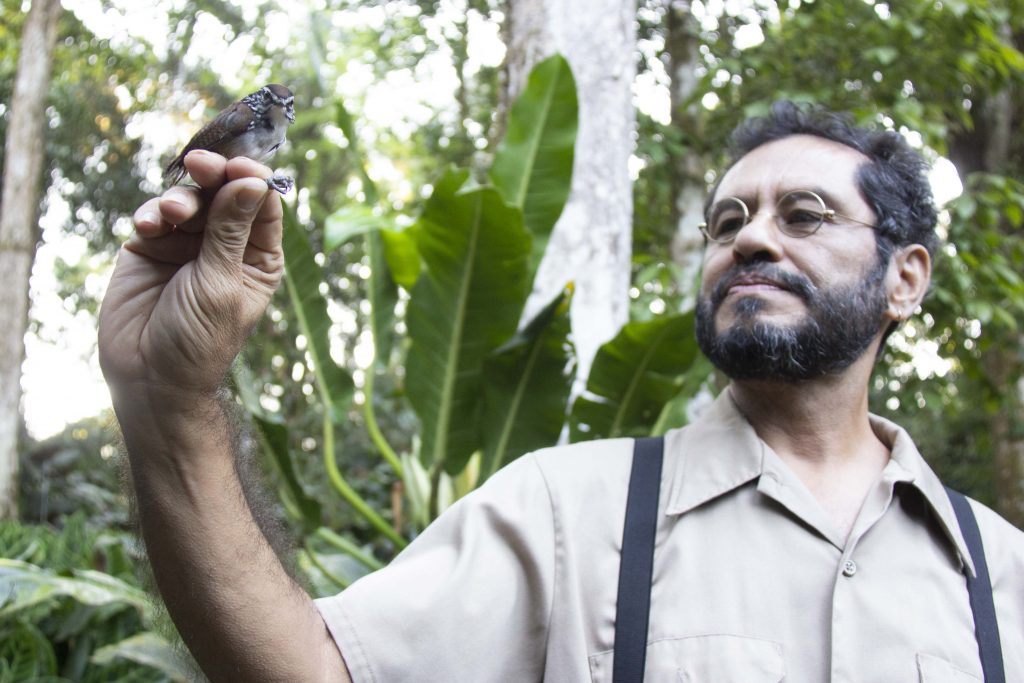
Universidad de Costa Rica
Edgardo is a biologist interested in soundscape ecology, avian ecology and conservation. Over the last 14 years, Edgardo has been teaching tropical ecology and environmental science to abroad US programs in Costa Rica and has served as a guest professor for OTS graduate courses for more than 20 years. Currently, Edgardo works as an interim professor in the Biology Department at the University of Costa Rica, teaching landscape ecology and habitat restoration.

Emilia is a passionate tropical biologist dedicated to better understand ecology, behavior, and evolution of what she calls the miniature world unknown by many people: the world of terrestrial arthropods. She did her undergraduate and Master’s program at the University of Costa Rica, where she studied acoustic behavior, ecology and morphology to reveal that what was considered one species, was actually three different species of treehoppers. Emilia is also passionate about teaching in-field programs, where she believes the hands-on experiences lead the way to a better understanding of the ecosystems and how to research any part within them at a micro or macro scale. She has taught at high school, undergraduate, and postgraduate university levels, in English and Spanish, and across the small and hyper-diverse Costa Rica land, with organizations both from C.R. and the U.S.
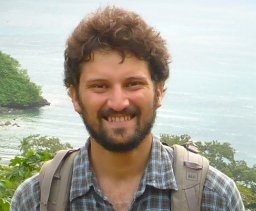
Ph.D. Integrative Biology, University of California, Berkeley
Darko Cotoras’ research interests are related with the study of the historical processes that create biodiversity, particularly in conditions of isolation. His main study groups are the spiders and other invertebrates from the Pacific Rim and its islands, with special attention to volcanic archipelagos and the Gondwanic landmasses. He combines field and museum work with phylogenetics, population genetics and genomics. Due to his research on understudied taxa and remote locations, he is also interested in biodiversity discovery: species inventories, species descriptions and natural history observations.
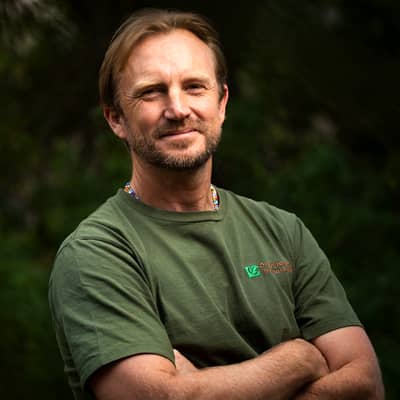
Ph.D. Botany, University of Cape Town
laurence.kruger@tropicalstudies.org
Dr. Kruger is the Director of Curriculum for OTS and is based in Skukuza, Kruger National Park. His primary interests lie in functional ecology and how species response to disturbance. His interests lie specifically on the demography of woody plants in a variety of SA biomes, the bottlenecks imposed in each system, and which traits are critical in overcoming these. During his Ph.D., Dr. Kruger focused on the importance of re-sprouting in South African coastal forests, fynbos and savannas. His current work is focused on the impact that elephants and fire have on savannas and how resilient plants and communities might be in response to this disturbance. Allied to this is work on the impact of the loss of vegetation complexity on resident faunal communities. A large portion of Dr. Kruger’s private consulting work has been in the field of conservation, in particular conservation planning. This work has included surveys of natural habitats (biodiversity surveys), identifying the threats (development, habitat transformation, alien vegetation/faunal invasives), and the setting of conservation targets. This work has provided him with the opportunity to become more actively involved in conservation, whilst still engaging on a theoretical level.
Born into a family of biologists and humanitarians, Dr. Kruger has followed his passion for both by running field based, experiential learning programs in and around South Africa. Given the challenges facing education institutions (lack of resources, limited access to the field) and the barriers to education many students face, he sees our goal as OTS to be the dismantling of these obstacles.
In delivering life changing, academically rigorous field courses, Dr. Kruger aims for OTS programs to provide experiences that allow for growth in aspirations for students and academics alike. He feels strongly that we need to rethink our role in society and return our focus to humanity rather than self-actualization and how we could contribute to others. Aside from focusing on quality, integrity and creativity, Dr. Kruger has found that the single most important ingredient in education is to have fun.
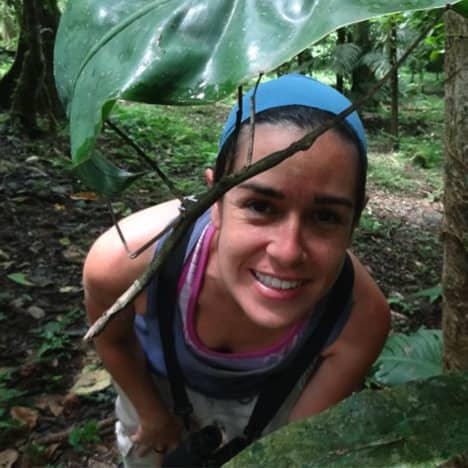
Ecology, Evolution, and Behavior, The University of Texas at Austin
sofia.rodriguez@tropicalstudies.org
Sofía studied biology at the University of Costa Rica, and earned a doctorate in ecology, evolution and behavior at The University of Texas at Austin. At UT Austin, she studied the spread of a devastating fungal pathogen (better known as chytrid or Bd) in populations of the túngara frog in Panamá, and how infections with this pathogen affect the frog’s behaviors and reproductive success. Her continuing research interests are at the intersection of animal behavior, sexual selection, and disease ecology, especially changes in behavior caused by disease. Sofia is also passionate about teaching, especially in the field. Throughout her career she has taught at high school and university level, in Spanish and English, and with organizations from Costa Rica, Mexico, and the United States. At OTS she is the Director of Academics in Costa Rica, and she also coordinates the graduate courses Tropical Biology: an Ecological Approach and Ecología Tropical y Conservación.